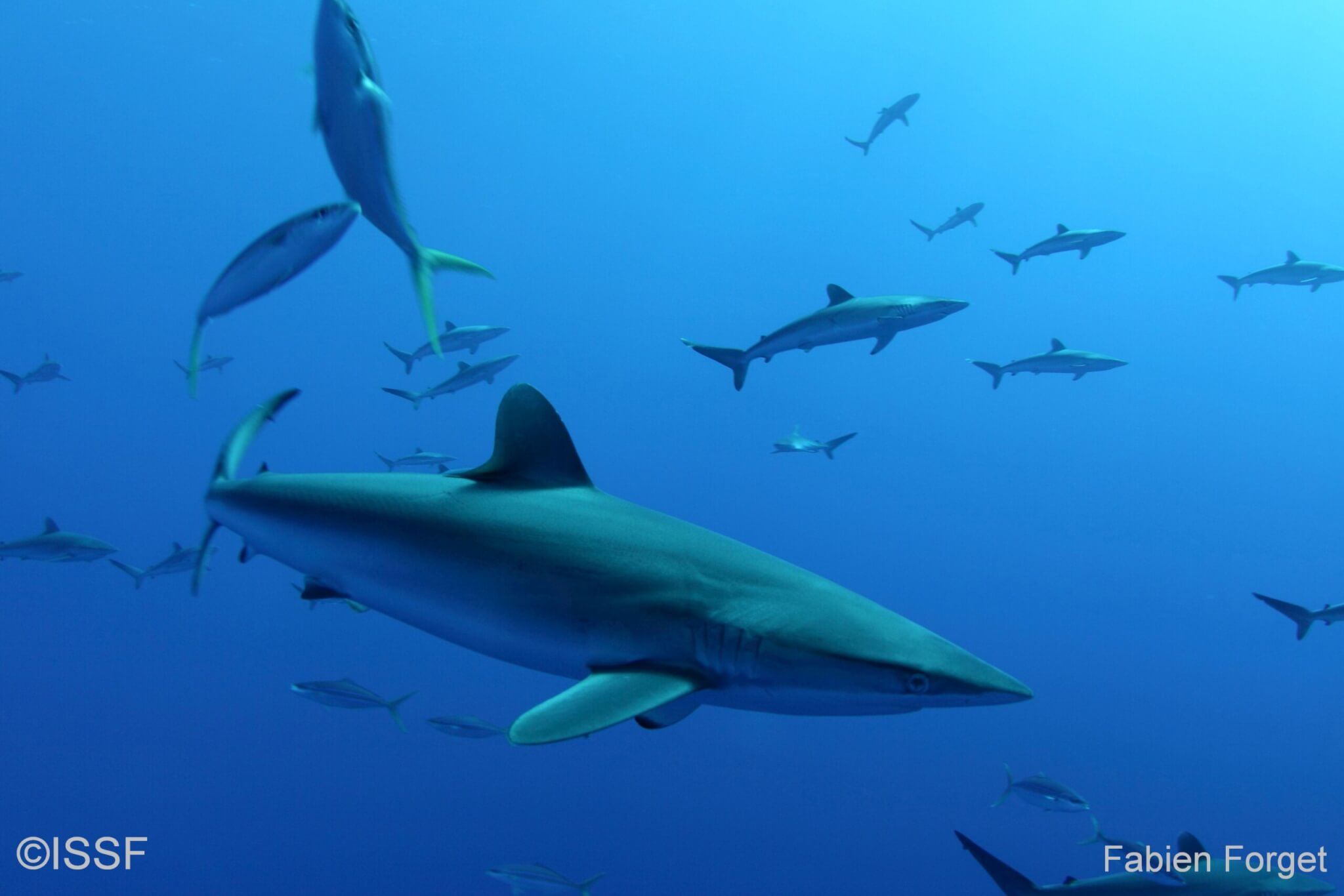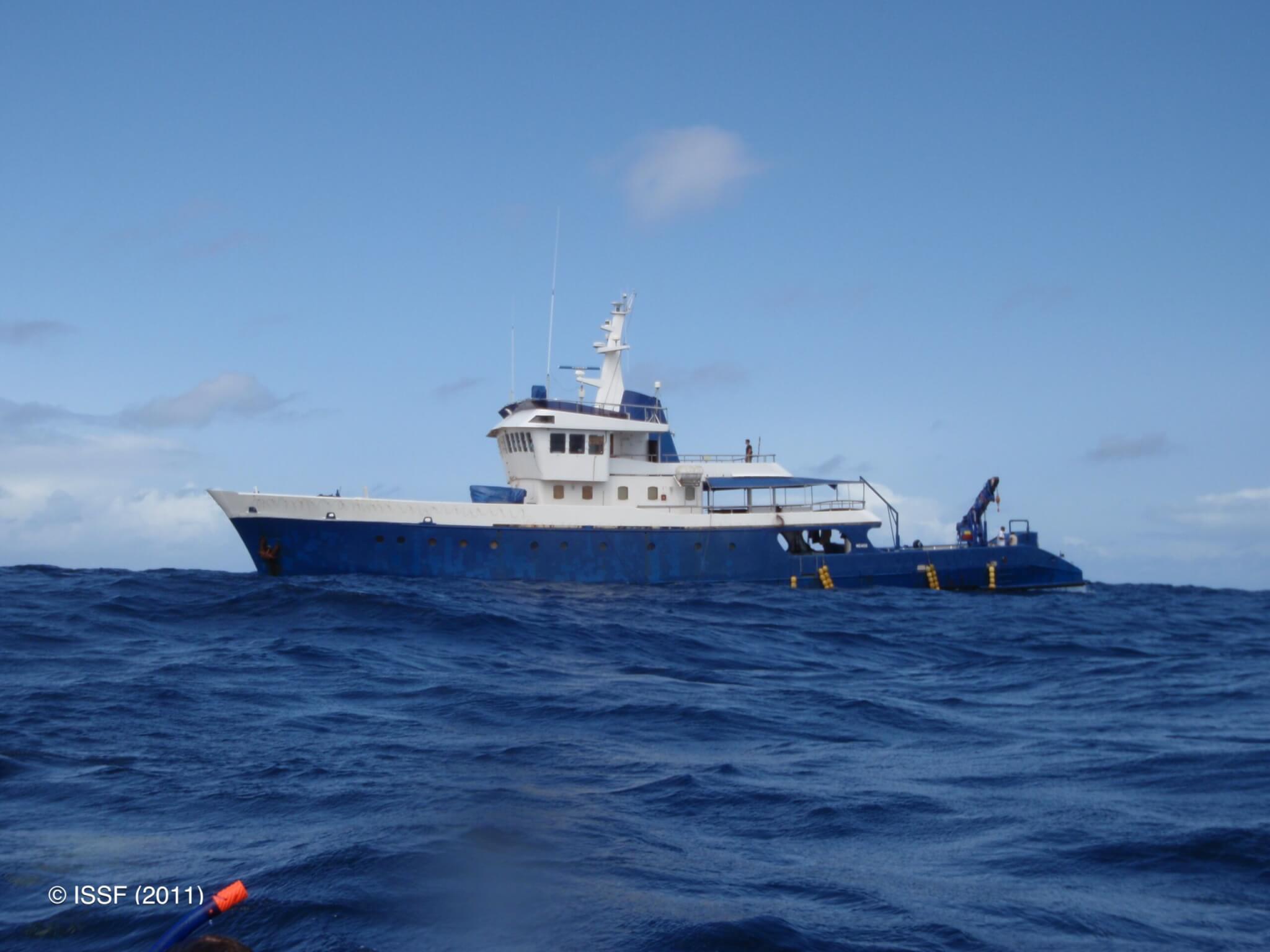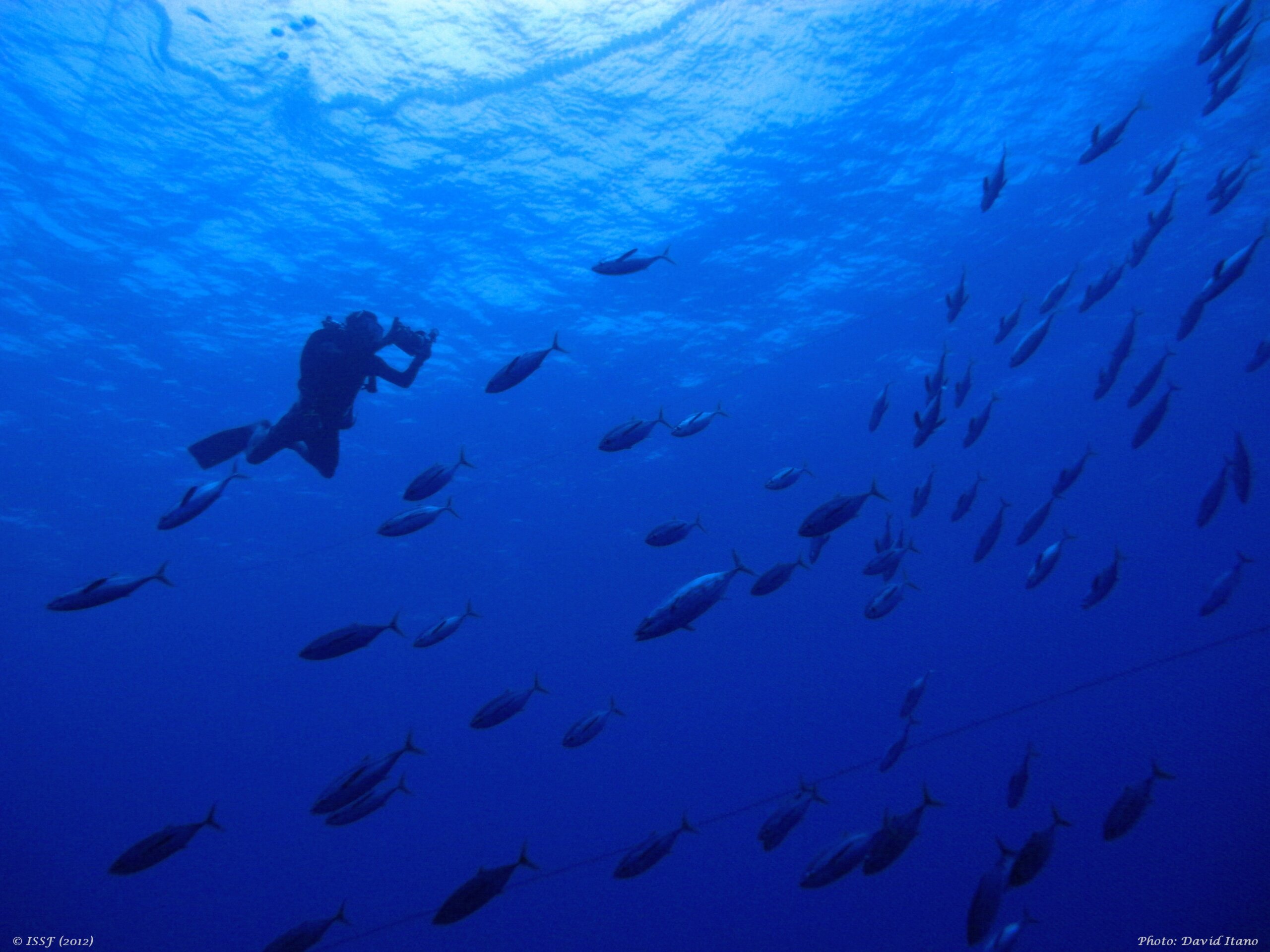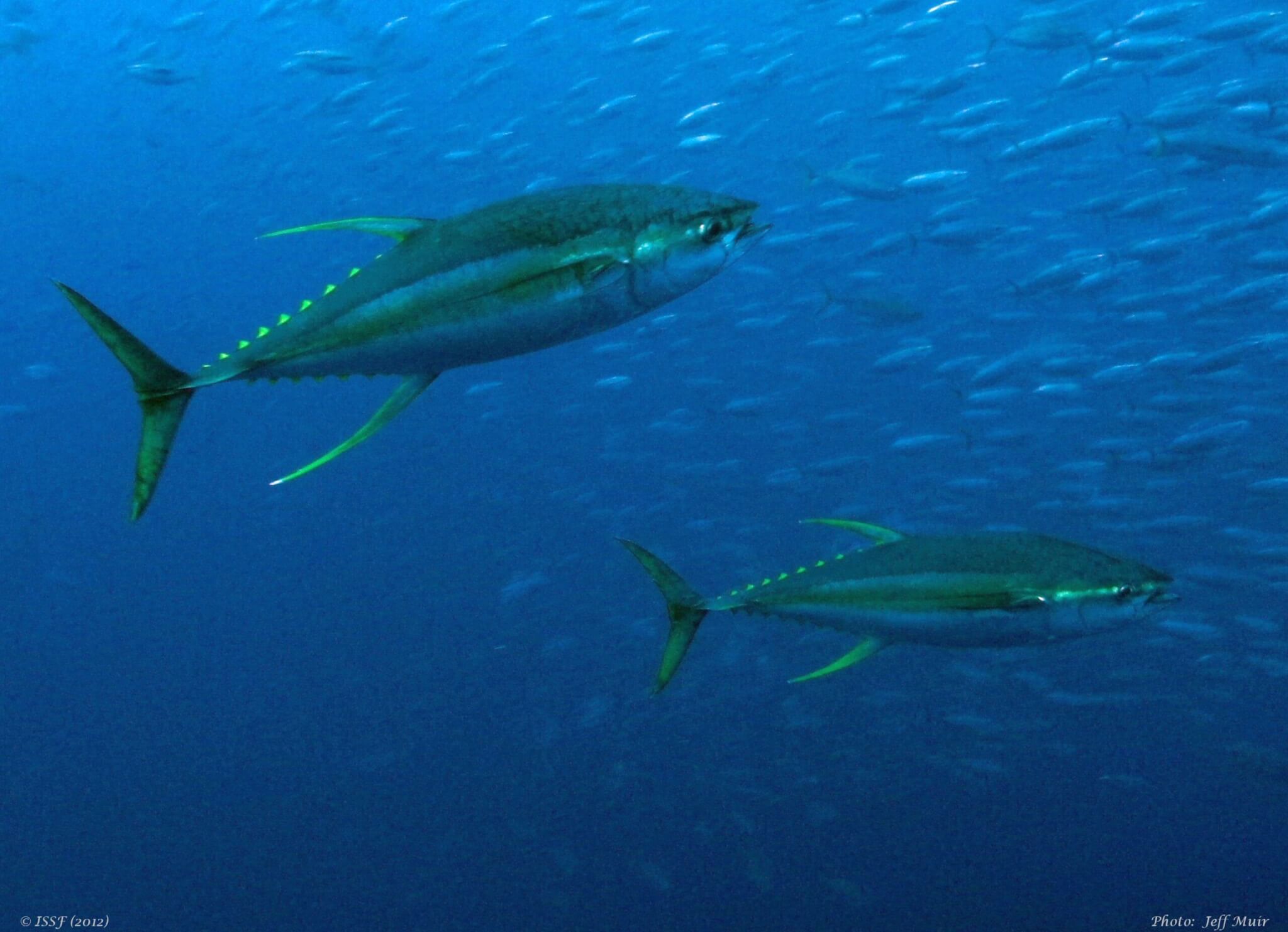
ISSF Urges Indian Ocean Fisheries Managers to Strengthen Fish Aggregating Device (FAD) Management Measure at February 2023 Special Session
The International Seafood Sustainability Foundation (ISSF) has published a position statement ahead of the February 3-5 Indian Ocean Tuna Commission (IOTC) Special Session, the objective of which is to adopt an IOTC conservation and management measure on fish aggregating devices (FADs). The Special Session was called last year due to inaction on this topic.
In its position statement, ISSF calls for a concerted effort in the Indian Ocean to better monitor FAD usage and to support the adoption of science-based, FAD-related management measures. Shark and non-target species bycatch and other ecosystem impacts — such as marine debris and FAD beaching — must also be reduced. Using non-entangling and biodegradable FAD designs is a critical step to achieving that.
We've outlined the FAD management issues that the Indian Ocean Tuna Commission (IOTC) must address at its Special Session on February 3-5. Click To TweetConsistent with appeals ISSF and our stakeholders issued throughout 2022, the ISSF statement specifies enhanced FAD management provisions, including:
- Developing and implementing science-based limits on FAD deployments and/or FAD sets, consistent with management objectives for tropical tunas.
- Allowing the IOTC Scientific Committee to use submitted FAD tracking data for scientific purposes — data that are currently used only for FAD limit compliance purposes.
- Requiring the use of biodegradable materials in the construction of FADs to minimize the use of synthetic/plastic materials in FAD construction. Establish a timeline for transitioning to 100% biodegradable.
- Developing and adopting FAD marking guidelines, including requiring the marking of the buoy and the FAD structure.
- Developing and adopting FAD tracking and recovery policies that consider utilizing supply vessels in FAD recovery efforts.
- Adopting clearer rules for FAD ownership and activation, as well as for deactivation of FAD buoys.
Read the full IOTC Special Session Position Statement on the ISSF website.


